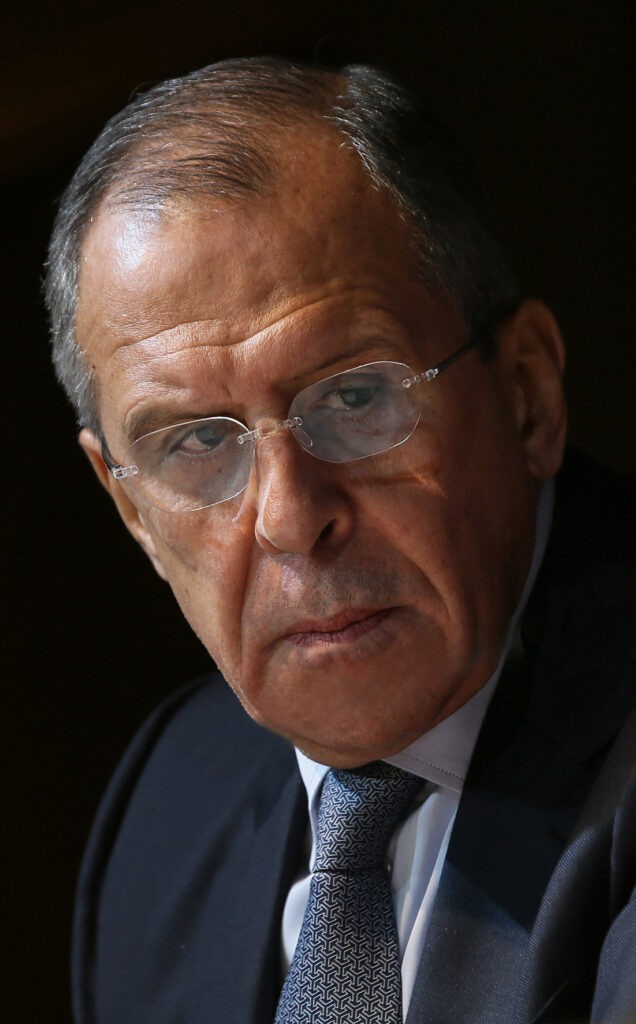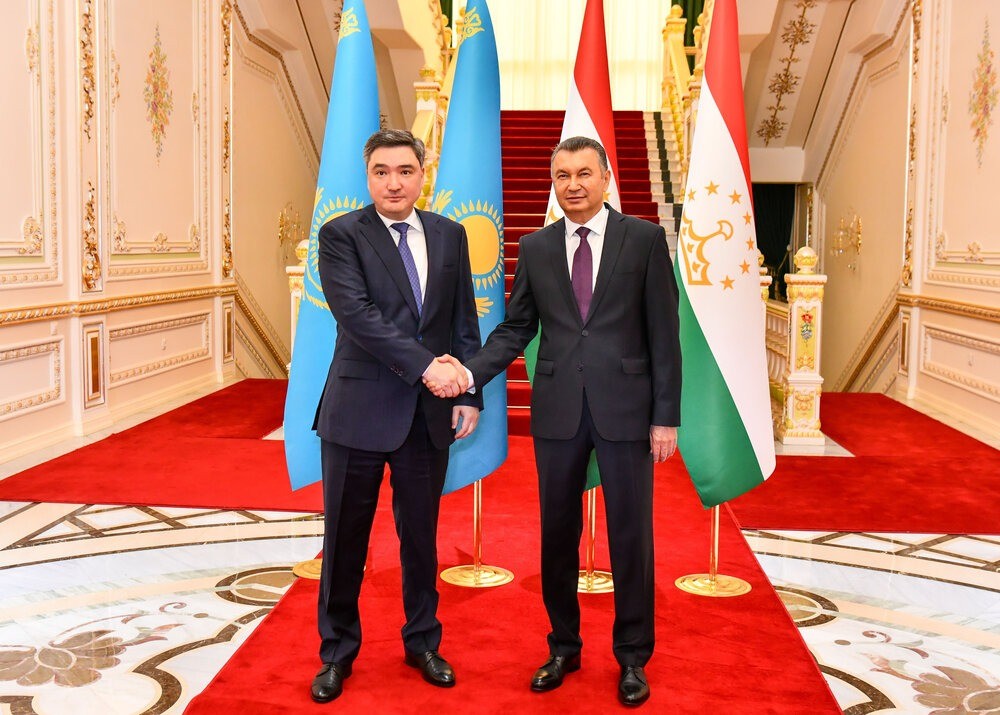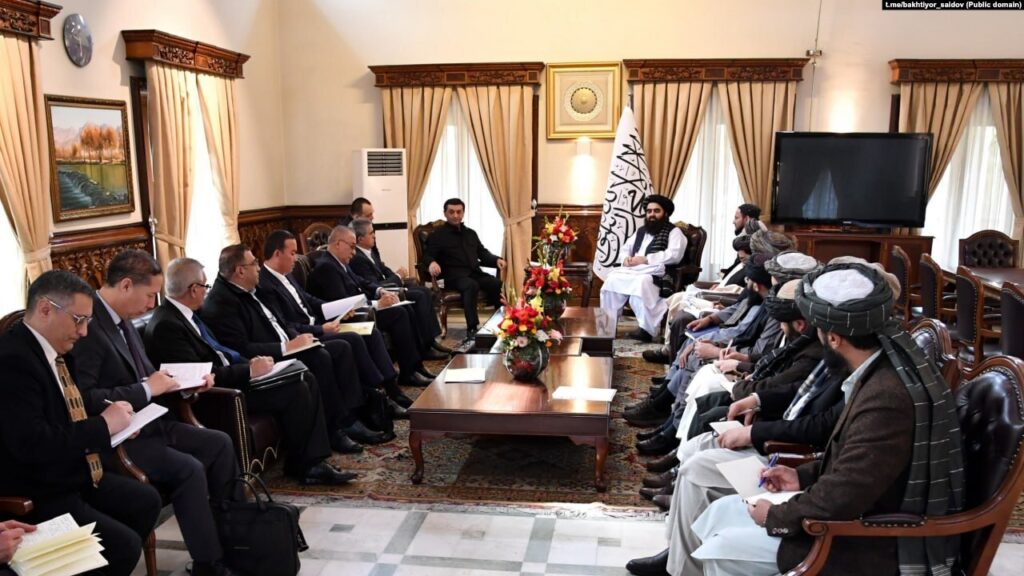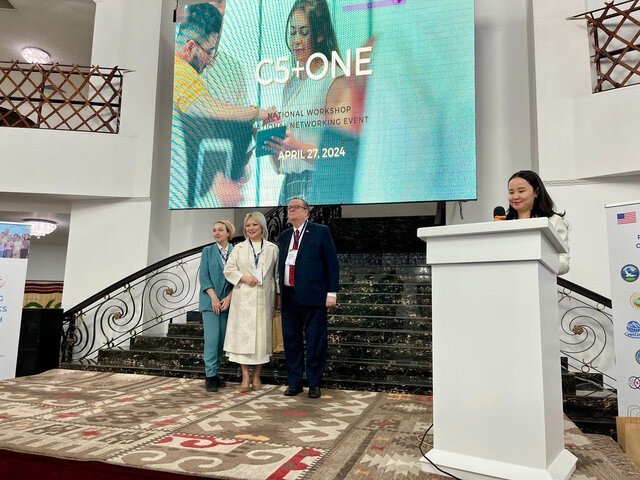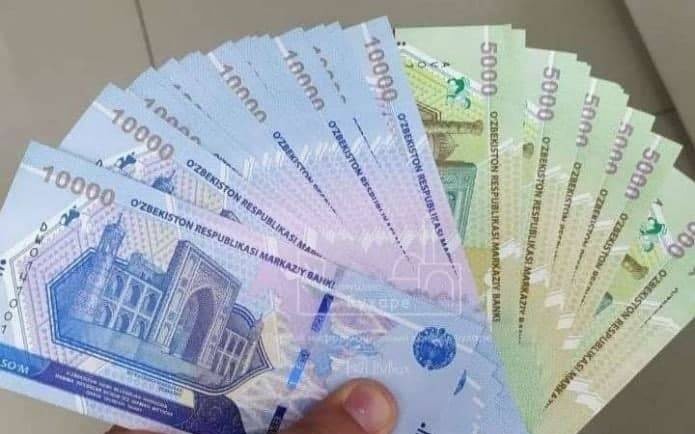Lavrov Calls Tajik Counterpart to Smooth Over Cracks
Russian Foreign Minister, Sergey Lavrov has called his Tajik counterpart to explain Russia´s anti-terrorism measures at border points, the Russian Foreign Ministry said on Tuesday, following Tajikistan’s complaints that its citizens are being singled out for tough treatment on arrival at Moscow airports.
Lavrov’s telephone call to Foreign Minister Sirojiddin Muhriddin of Tajikistan was initiated by the Russian side, indicating that Moscow is seeking to ease tension between the two countries in the aftermath of the killing of more than 140 people by gunmen who stormed the Crocus City Hall on the outskirts of Moscow on March 22. Several Tajik suspects were arrested, leading to increased scrutiny and harassment of the large population of Tajik migrants in Russia.
This past weekend, Tajikistan urged its citizens to temporarily refrain from traveling to Russia “unless absolutely necessary,” and said more than 1,000 Tajik nationals were being held in detention facilities at Moscow airports in unsanitary conditions and without access to hot meals.
In the phone call, Lavrov and Muhriddin agreed on the need to preserve the “time-tested” alliance between their two countries, the Russian Foreign Ministry said. Muhriddin has previously complained about an “information campaign” of racism and xenophobia against Tajik migrants since the terrorist attack.
“The Tajik side was given additional detailed explanations about the measures taken by Russian services to prevent terrorism in accordance with the legislation of the Russian Federation,” the ministry said. “The tragic events at Crocus City Hall became the main reason for more thorough checks of foreign citizens arriving to us. The temporary nature of the measures taken, their non-direction against a specific nation or religion, and the gradual normalization of the situation at checkpoints are especially emphasized.”
The Islamic State group, which has recruited some people from Central Asia, claimed responsibility for the Crocus City Hall attack.


